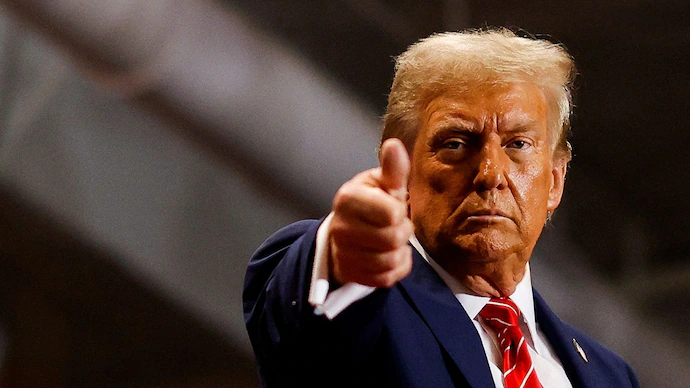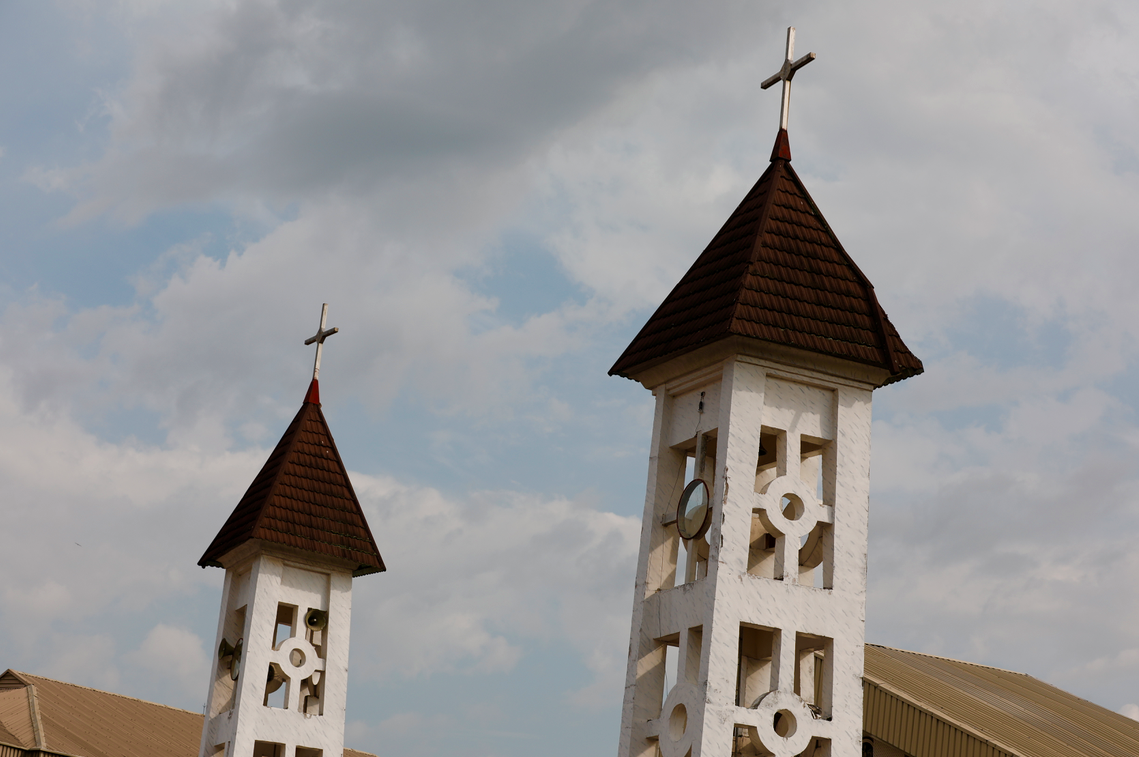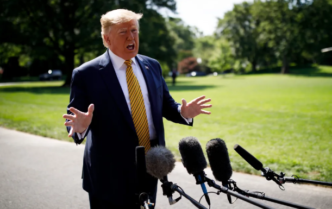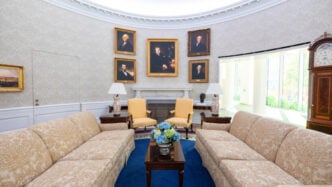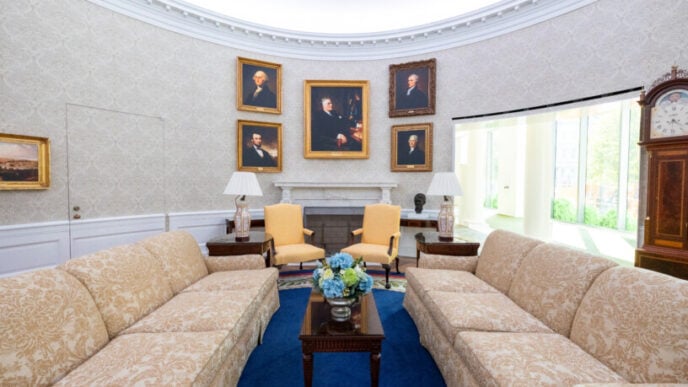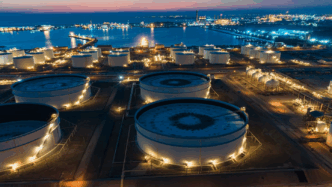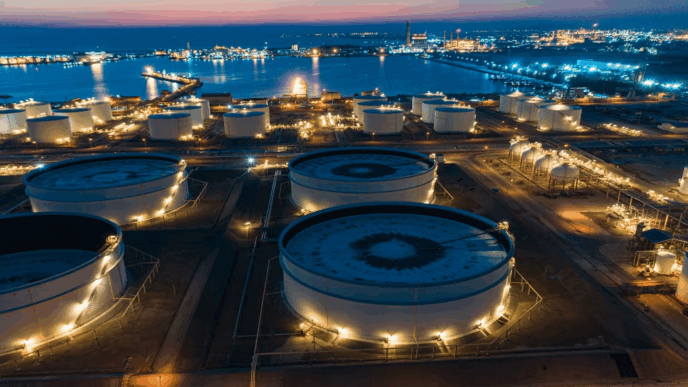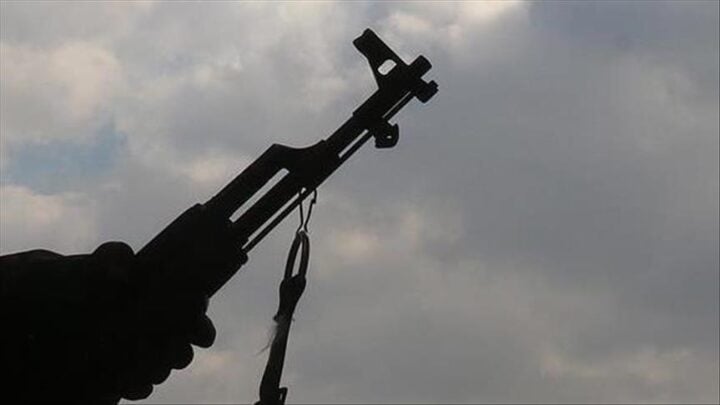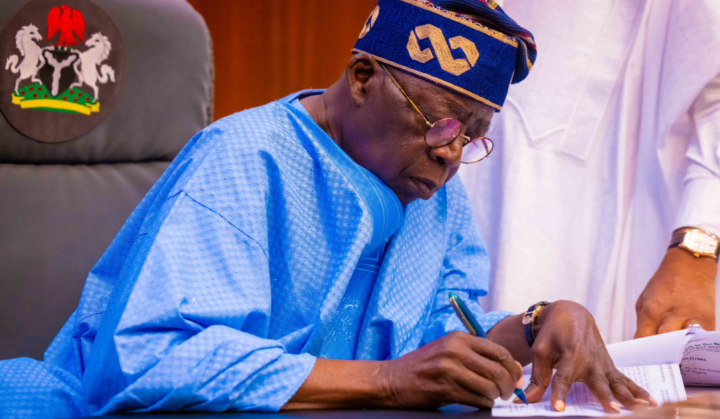Donald Trump
There are moments in history when the world pauses, not out of admiration but disbelief. When President Donald Trump declared that the United States was ready to go guns ablazing into Nigeria to protect Christians, the world just paused. In that instant, Africa’s most populous nation became the subject of a fiery promise made in Washington, a threat laced with the language of faith and fury.
Trump’s words were loud, dramatic, and dangerously simple. We will stop all aid and assistance to Nigeria, he said, accusing the government of allowing Islamic terrorists to slaughter Christians. He claimed to have instructed his Department of War to prepare for possible action. It was the kind of statement that sounds like salvation to some and arrogance to others.
But how did we get here?
To understand this explosion of rhetoric, one must look beyond the tweet and into the blood-soaked earth of Nigeria’s troubled middle belt and northern regions. For years, Nigerians have lived through waves of violence that defy easy definition. Boko Haram and its offshoots still prowl the northeast. Armed herders and criminal gangs attack farming communities. Villages are burned, churches destroyed, mosques shattered, families displaced. The victims come from every faith and ethnicity. The dead have no denomination.
The violence is often framed as religious, and indeed many Christian villages have suffered devastating attacks. But the reality is more complex. In other parts of the country Muslim communities have also been attacked and displaced by the same wave of insecurity.
Advertisement
Yet the narrative that travels fastest is the one that fits neatly into the world’s old divisions Christian and Muslim, good and evil, victim and villain. The United States, with its powerful evangelical base, has long paid attention to reports of Christians being killed in Nigeria. For years, religious freedom advocates have urged Washington to take a stand. They wanted Nigeria listed as a Country of Particular Concern, a label that allows sanctions and military involvement. When Trump re-listed Nigeria this October, the decision was celebrated in certain circles as overdue justice.
Lawmakers sympathetic to those groups have pushed to re-designate Nigeria as a country where religious persecution is rampant. Trump, known for playing to his conservative Christian base, seized the moment.
Then came the warning. Trump, never known for restraint, went further than any US president before him. He spoke of swift and vicious retribution, promising that any attack would be sweet. He offered no new intelligence or evidence, only conviction. It was an echo of his political playbook to blend moral outrage with strength and sell it as truth.
Advertisement
His words came across as the rhetoric of a man eager to sound strong and righteous all at once.
The danger in Trump’s words is how easily they strip the story of its truth. Nigeria’s troubles are layered, tangled in history, politics, and poverty not just religion. To frame it as a one-sided war between Christians and Muslims is to erase years of shared living, friendship, and tolerance. Across the country, people of both faiths still trade in the same markets, share the same streets, and mourn the same losses. When the world turns that reality into a headline about holy war, it hands victory to the extremists who feed on hate and division.
The Nigerian government responded quickly. President Bola Ahmed Tinubu rejected the accusation that Nigeria was allowing the killing of Christians. He reminded the world that freedom of worship is enshrined in Nigeria’s constitution and insisted that the government fights terrorism in all its forms. He reminded the world that both Muslims and Christians have buried their dead under the same Nigerian sun.
But Trump’s statement had already landed its blow. International headlines reduced Nigeria’s complexity to a single story of Christian persecution. Once again, a nation fighting to survive many overlapping crises was portrayed as a helpless battlefield waiting for foreign redemption.
Advertisement
The danger of Trump’s rhetoric is not just its arrogance but its ignorance. Nigeria’s violence is not a holy war. It is a crisis born of poverty, land conflict, weak governance, and climate change. It is about cattle routes and collapsing institutions as much as it is about faith. To paint it otherwise is to erase the real work that must be done.
There is also the matter of sovereignty. To threaten a country of over two hundred million people with military invasion is not policy. It is provocation. Nigeria is not a passive territory waiting for a saviour. It is a democracy struggling, yes, but still standing. It has its flaws, its failures, its corruption and contradictions. But it also has a people who, despite the pain, keep trying to build something out of the wreckage.
What Trump’s outburst reveals is the seductive power of a single narrative. In the age of social media, outrage is currency. A dramatic declaration travels farther than a quiet truth. Yet foreign policy cannot be built on applause lines. You cannot rescue a nation with tweets. You cannot bomb your way to peace.
Cutting aid will not protect Nigerian Christians. It will cripple health programmes, hinder education, and weaken humanitarian response in regions already on the brink. Those who will suffer most are the same civilians both leaders claim to defend. The armed groups will adapt. The poor will bleed.
Advertisement
Behind all this noise, people are dying in Nigeria. In remote villages and crowded markets, families live in fear of another night of gunfire. Children sleep under trees because their homes are ashes. Widows pray for peace in languages their governments no longer seem to understand. For these people, the world’s attention however imperfect matters. Their suffering should not be reduced to political theatre.
If America truly wishes to help, it must lead with evidence, not emotion. It must work with Nigeria, not over it. It must invest in rebuilding trust between communities, strengthening courts, empowering local peacebuilders, and ensuring justice for every attack regardless of religion. That is what real solidarity looks like. It is not glamorous. It is not loud. But it saves lives.
It’s always the same story wherever the United States carries the message of freedom, chaos follows closely behind. History has shown that foreign intervention never ends the way it is promised to.
Advertisement
Take Iraq for instance. The US claimed Saddam Hussein had weapons of mass destruction that were never found. Saddam was removed, but the country fell apart. Ethnic and religious violence exploded, ISIS was born from the ruins, and millions of people were displaced while the economy crumbled.
Then Libya. America and NATO helped overthrow Gaddafi in the name of democracy. Gaddafi died, but so did Libya’s stability. Rival militias took over, human trafficking and slavery became open business, and the country remains divided between competing governments even today.
Advertisement
Afghanistan tells the same sad tale. After 9/11, the US invaded to remove the Taliban and destroy Al-Qaeda. Twenty years, billions of dollars, and countless deaths later, the Taliban returned stronger than ever. Women lost their freedoms overnight, and the country went right back to where it started.
Syria wasn’t spared either. The US backed rebel groups to remove Bashar al-Assad, and what followed was one of the worst humanitarian disasters of our time. The war spiraled out of control, ISIS rose to power, millions fled as refugees, and entire cities were wiped off the map.
Advertisement
Somalia’s case began as a “humanitarian mission.” It ended with the “Black Hawk Down” tragedy and a hasty withdrawal that left the country in even deeper chaos. Decades later, Somalia still bleeds under the weight of warlords and militant groups.
Vietnam was another painful lesson. The US waged war for twenty years to stop communism. Over a million Vietnamese died, the land was poisoned with chemicals, and the US eventually left in defeat. Vietnam had to rebuild itself from ashes, alone.
Haiti’s story is no different. Repeated US interventions, occupations, and political manipulations left it poorer and more unstable. Institutions were weakened, and poverty became a permanent scar.
And then there’s Sudan. Though not fully invaded, it suffered heavily under foreign meddling, sanctions, and failed transitions. Instead of peace, Sudan became trapped in endless cycles of coups, hunger, and bloodshed.
Everywhere the US goes with its gospel of freedom, the outcome is the same instability, division, and the suffering of ordinary people. Nigerians should be careful what they wish for. Foreign soldiers do not come to fix your problems, they come to reshape them in their own image. And when they leave, you are the one left to pick up the pieces.
The responsibility also rests on Nigeria’s shoulders. The government must speak with action, not denial. Every killing must be investigated. Every perpetrator must be punished. Every displaced citizen must be seen. The day Nigeria stops hiding behind excuses and begins to deliver justice will be the day this cycle begins to break.
Power is never just about might. It is about wisdom. When a president speaks, nations tremble and markets move. One careless sentence can turn grief into anger, dialogue into division. That is why the greatest leaders are those who know when to speak softly.
Nigeria does not need a foreign saviour dressed in moral armour. It needs partners who will stand with it in the trenches of rebuilding. It needs honesty, courage, and reform. Above all, it needs the world to understand that its story is not a war between religions but a fight for survival.
So let the world lower its weapons and raise its conscience. Let America remember that justice is not served through domination but through partnership. Let Nigeria remember that its unity is its only shield.
When God and guns collide, the innocent always fall first. The challenge for both nations now is to ensure that faith is not used as fuel for destruction but as a force for redemption.
Because in the end, no one wins a holy war.
Shaakaa writes from Makurdi
[email protected]
08034861434.
Views expressed by contributors are strictly personal and not of TheCable.

